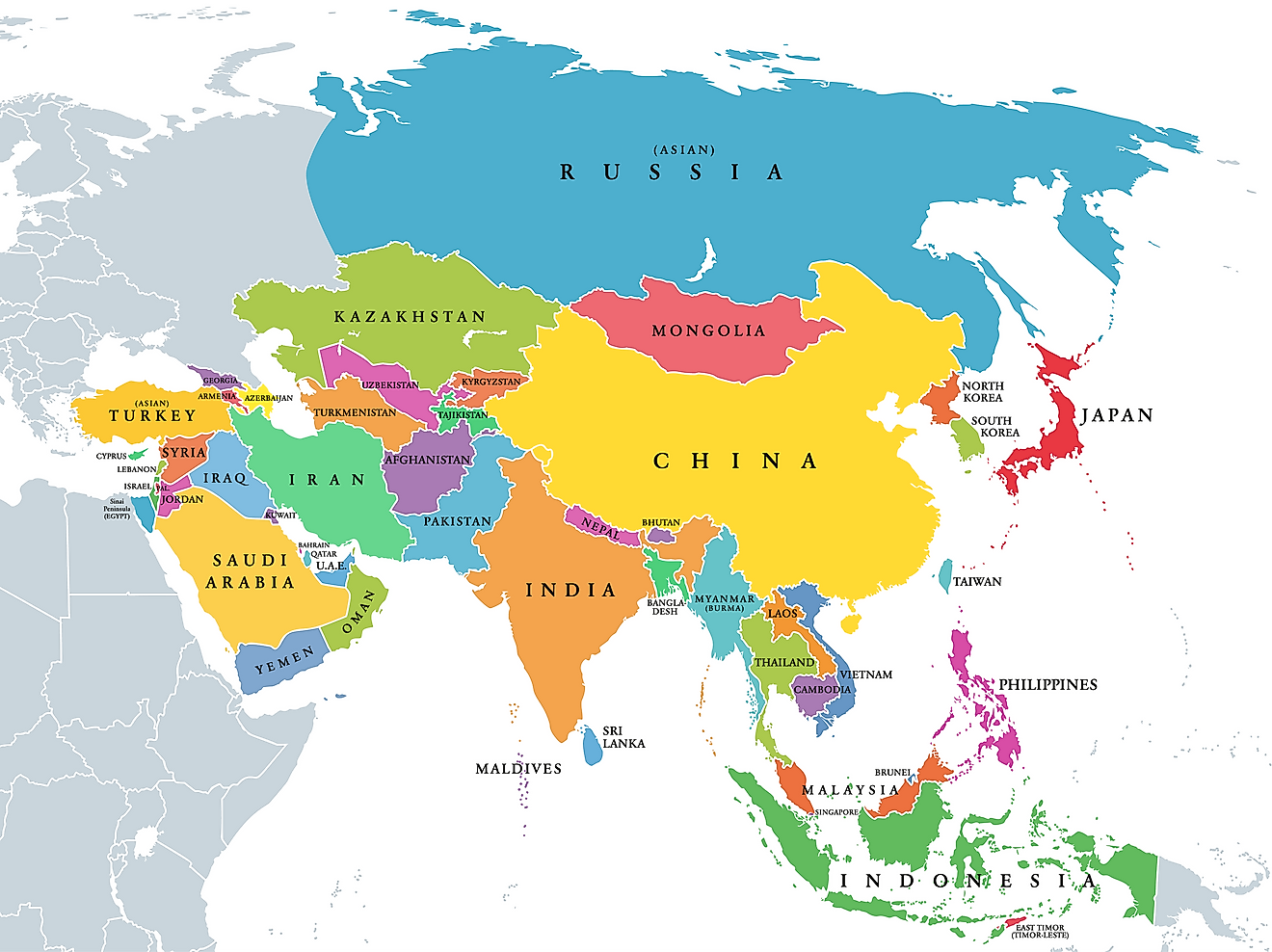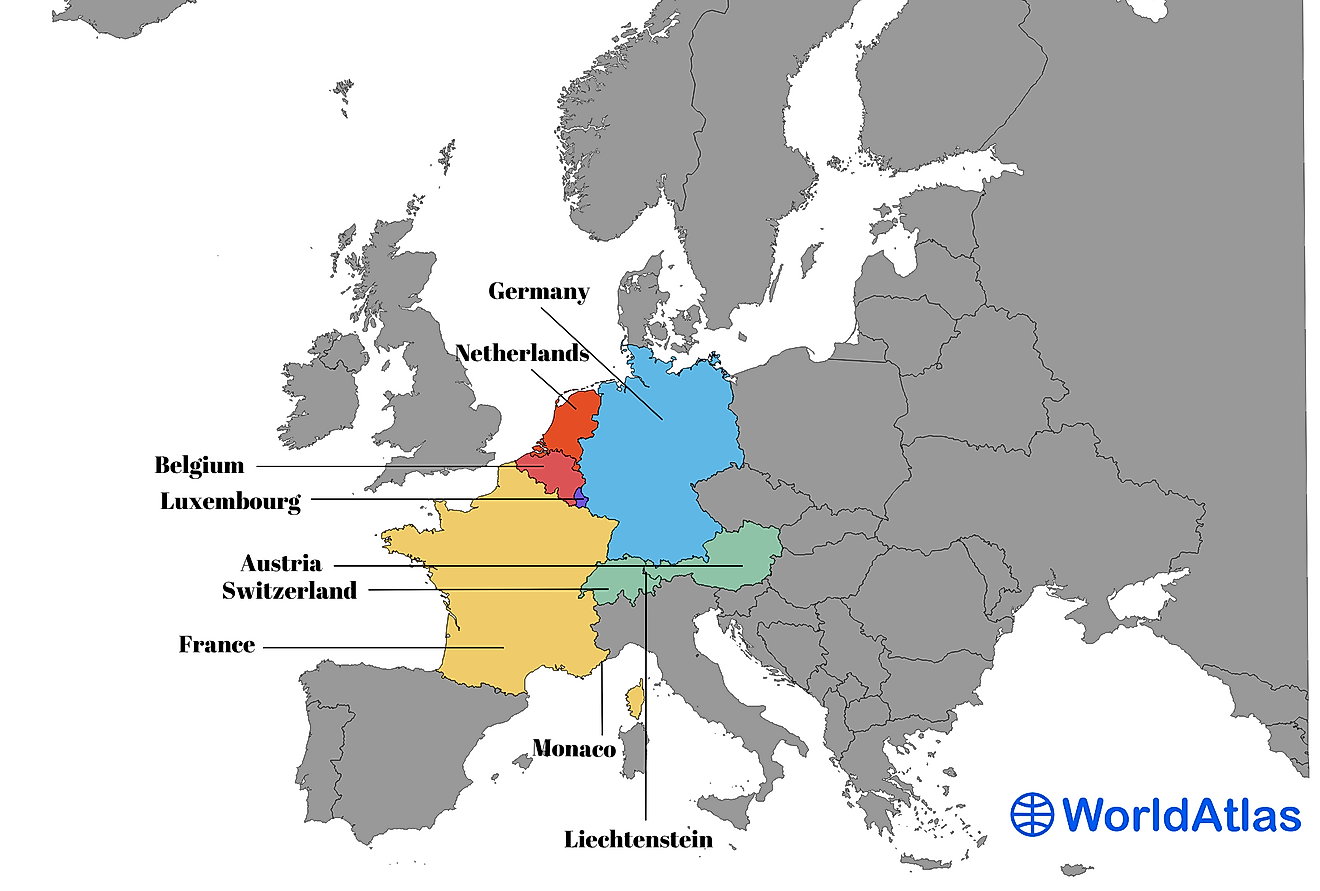What Is The Coriolis Effect?

Coriolis Effect or Coriolis force in Physics refers to the force of inertia that acts on objects in motion in relation to a rotating reference frame. For instance, if the reference frame is has a clockwise rotation, the Coriolis force would be acting in the opposite direction the motion of the object. Similarly, if the reference frame has a counterclockwise or anticlockwise rotation, the force would also act in the opposite direction. The Coriolis Effect is an object’s apparent deflection due to Earth’s rotation on its axis. In the 19th century, Gaspard-Gustave de Coriolis, who was a French scientist and engineer, discovered the effect and used mathematical expressions in connection with water wheels theory in 1835. The French scientist explained that an object’s path above any rotating surface curves relative to objects on that surface. The effect takes the name of Gaspard Coriolis. Usage of the terms Coriolis effect and Coriolis force in the 20th century is connected to meteorology.
Causes Of The Coriolis Effect
The primary cause of the Coriolis effect is the rotation of the Earth. The Earth spins on its axis in an anti-clockwise direction, leading to deflection of anything moving above it. The speed of the rotation of the earth decreases with the increase of the latitude and as a result, increases the Coriolis Effect. This statement means that rotation at the equator is faster than points closer to the poles. An object at the equator does not experience deflection, but moving towards the poles in any direction will increase deflection. The Eotvos effect is also a component of the Coriolis effect, which implies that there is an observable gravitational force as a result changing centrifugal acceleration as a result of the westbound or eastbound velocity. Objects traveling westward feel heavier and deflect downwards while those moving eastward feel lighter and deflect upwards.
Impacts Of The Coriolis Effect
The Coriolis effect has an impact on weather, wind, and movement of ocean currents. Creation of weather patterns used by meteorological departments is as a result of the Earth’s rotation on its axis. Storms in the Southern Hemisphere swirl in a clockwise direction while in the Northern Hemisphere the spiral is counter-clockwise due to the Coriolis effect. Global winds are also affected by the Coriolis effect. Winds blow diagonally from west to east in both the Northern and Southern hemispheres, above and below the subtropical highs respectively. Northern Hemisphere’s winds curve to the right while in the Southern Hemisphere, the deflection is to the left. Both of these effects result in the westerly winds movement to the poles. Planes also experience the Coriolis effect and pilots need to correct their paths regularly to avoid landing in a different destination. The Coriolis effect is crucial in plotting trajectories for long-range missiles, to reach desired targets.
Applications In Other Areas
The mass flow meter uses the Coriolis effect to measure a fluid’s density and mass flow rate through a tube. The tube vibrates providing a rotating reference frame, although not entirely circular, which results in Coriolis effect. Other areas that use the Coriolis effect include molecular physics, insect flight in flies and some moths, Lagrangian point stability in astronomy, and Gyroscopic precession.
Coriolis Effect Myths
Several films and television programs, such as Wedding Crashers, Pole to Pole, and episodes in The Simpson and The X-Files, claim that drainage of toilets and bathtubs are different in the Northern and Southern Hemispheres. This argument is a myth, and there is no truth in it. The Coriolis effect does not determine the direction with which water spirals down the toilet or other drainage systems. The shape of the drain in bathrooms controls the direction.











